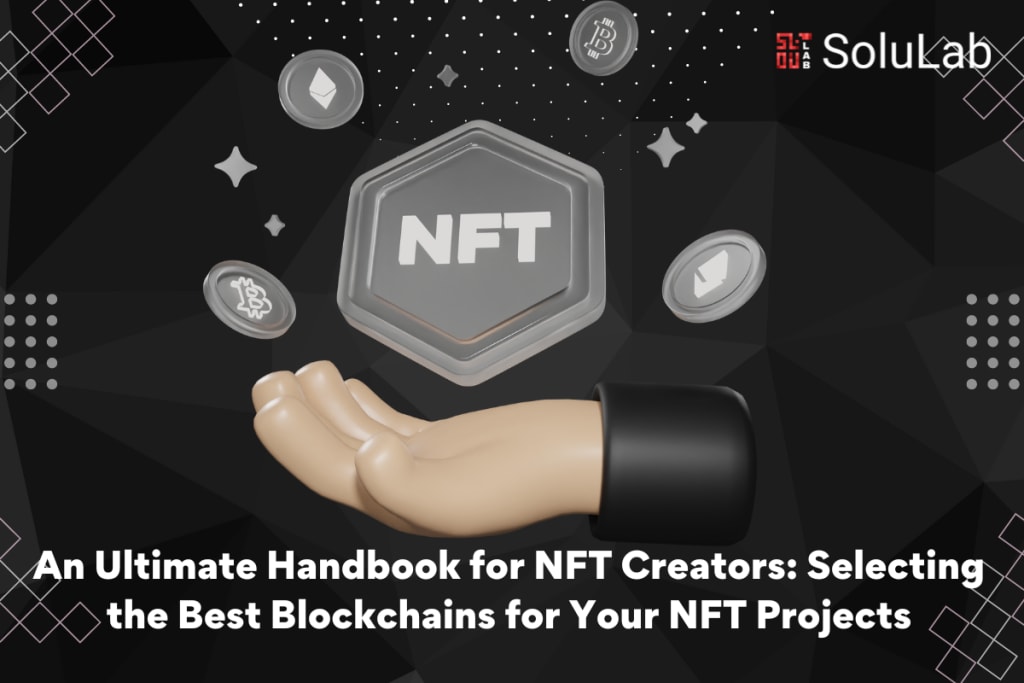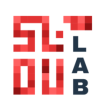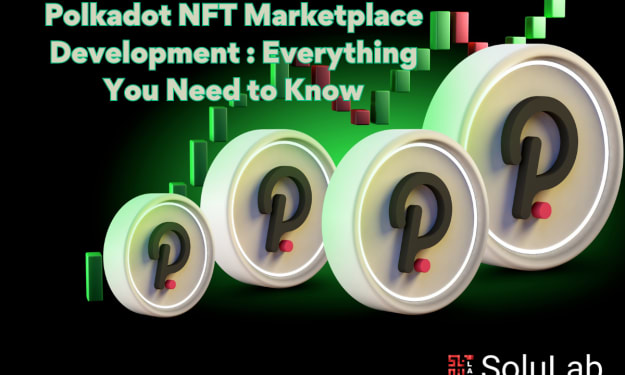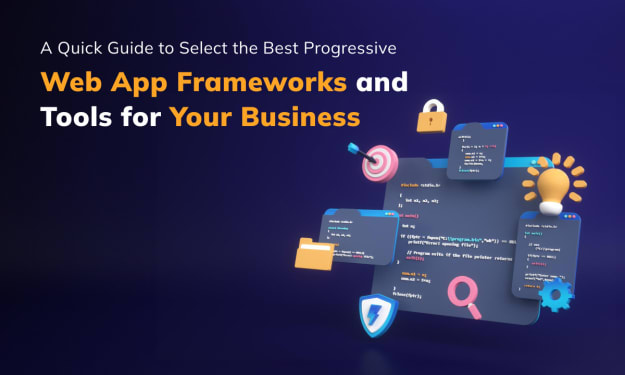An Ultimate Handbook for NFT Creators: Selecting the Best Blockchains for Your NFT Projects
NFT Craetor

The world of art and collectibles has undergone a remarkable transformation with the advent of Non-Fungible Tokens (NFTs). NFTs have provided artists, creators, and collectors with new avenues for digital ownership and provenance. One of the most crucial decisions that NFT creators face is choosing the right blockchain platform for their projects. In this comprehensive guide, we'll delve into the factors that NFT creators should consider when selecting the best blockchain for their NFT endeavors.
Understanding NFTs and Blockchain
Before we dive into the selection process, let's briefly understand what NFTs are and how they relate to blockchain technology. NFTs are unique digital tokens that represent ownership of a specific item, artwork, collectible, or piece of content. Unlike cryptocurrencies such as Bitcoin or Ethereum, which are fungible and interchangeable, NFTs are non-fungible, meaning each token has distinct attributes that make it one-of-a-kind.
NFTs are created and managed on blockchain platforms. A blockchain is a decentralized and distributed digital ledger that records transactions in a secure and transparent manner. Each NFT's ownership and transaction history are recorded on the blockchain, ensuring authenticity and provenance.
Factors to Consider When Choosing a Blockchain for NFTs
Security and Scalability: Security is paramount in the NFT space. Look for blockchains with a strong track record of security and resistance to hacking. Additionally, consider the blockchain's scalability – its ability to handle a large number of transactions without slowing down or increasing transaction fees significantly.
Cost of Transactions: Transaction fees, often referred to as gas fees, can vary widely between different blockchains. High transaction fees can discourage users from buying or trading NFTs on a particular platform. Evaluate the cost-effectiveness of the blockchain in relation to your project's requirements.
Environmental Impact: The energy consumption of blockchain networks has gained attention due to its environmental impact. Some blockchains, like Ethereum, currently operate on a Proof of Work (PoW) consensus mechanism, which requires substantial energy consumption. Others, like Flow and Tezos, use Proof of Stake (PoS) or other energy-efficient mechanisms. Consider the environmental implications of the blockchain you choose.
Interoperability and Cross-Chain Compatibility: Interoperability allows NFTs to move seamlessly between different blockchains. Platforms like Polkadot and Cosmos focus on creating an interconnected blockchain ecosystem, enabling assets to be transferred between chains. This can enhance the liquidity and accessibility of your NFTs.
Community and Ecosystem: A strong and vibrant community can contribute to the success of your NFT project. Research the blockchain's ecosystem, including developer support, user engagement, and available tools and resources.
Smart Contract Functionality: Smart contracts are self-executing contracts with the terms of the agreement directly written into code. They underpin NFT functionality, including minting, buying, selling, and royalties. Ensure that the blockchain you choose supports the necessary smart contract capabilities for your project.
Ease of Use: User experience matters. Choose a blockchain platform that offers intuitive interfaces and user-friendly tools for minting, managing, and trading NFTs.
Licensing and Ownership Rights: Different blockchains have varying terms and conditions regarding intellectual property rights and ownership. Ensure that the blockchain aligns with your desired licensing model and ownership rights for your NFTs.
Popular Blockchains for NFTs
Ethereum: Ethereum is the pioneering blockchain for NFTs and has the largest user base and ecosystem. However, it has faced challenges related to scalability and high gas fees.
Binance Smart Chain (BSC): BSC is known for its lower transaction fees and faster confirmation times compared to Ethereum. It has gained popularity for NFT projects seeking a more cost-effective option.
Flow: Flow emphasizes scalability and is designed to handle high-performance NFT applications. It's known for hosting projects like NBA Top Shot.
Polygon (formerly Matic): Polygon is a layer 2 scaling solution for Ethereum, offering faster transactions and lower fees. It aims to enhance the user experience for NFT creators and collectors.
Tezos: Tezos uses a Proof of Stake consensus mechanism, making it more energy-efficient. It offers smart contract functionality and emphasizes security.
Solana: Solana boasts high-speed transactions and low fees. Its ecosystem is growing rapidly, attracting NFT projects seeking scalability.
Case Studies: NFT Projects on Different Blockchains
CryptoPunks (Ethereum): One of the earliest NFT projects, CryptoPunks, was launched on Ethereum. It has become an iconic example of NFT art and collectibles.
My Neighbor Alice (Binance Smart Chain): My Neighbor Alice, a virtual world NFT game, chose BSC for its lower fees and fast transactions, making in-game purchases more accessible.
NBA Top Shot (Flow): NBA Top Shot, a blockchain-based platform for trading officially licensed NBA collectible highlights, uses Flow for its ability to handle high demand and ensure smooth user experiences.
Final Thoughts
Choosing the right blockchain for your NFT project is a critical decision that can significantly impact its success. Consider factors such as security, scalability, cost, environmental impact, and community engagement. Each blockchain has its unique strengths and limitations, so it's essential to align your project's requirements with the blockchain's capabilities. By carefully evaluating these aspects, NFT creators can make informed choices that enable them to bring their digital creations to a global audience while ensuring the best possible user experience and long-term sustainability.
About the Creator
SoluLab Pvt. Ltd.
SoluLab is a Digital & Technological solution provider with the upper hand in blockchain, AI, IoT, mobile app and web development. We are recognised as number one global enterprise blockchain development company.






Comments (1)
WeAlwin's Crypto Arbitrage Trading Bot Development! Website: https://www.alwin.io/arbitrage-crypto-trading-bot